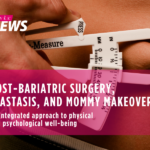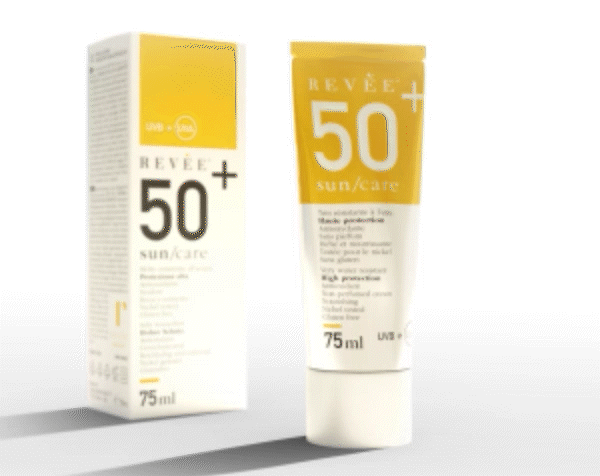Revée pills
Plastic surgery and taboos

Plastic surgery is a topic shrouded in a persistent taboo in modern society. It is often associated with celebrities and actors, and a distorted culture of beauty. This perception has led to a negative and prejudiced judgement towards those who choose to undergo cosmetic surgery. However, it is essential to understand that plastic surgery can play a fundamental role in an individual’s mental and physical health, going beyond the idea of mere vanity.
Aesthetics and Cancer
Cancer is a very serious disease with various physical and psychological complications. Often, as in the case of breast cancer, the best solution is surgical intervention. However, these procedures significantly alter a person’s distinctive features, and scars can compromise the self-esteem of individuals already burdened by the weight of a devastating illness.
«Whether due to accidents or surgical interventions, scars are sometimes experienced very negatively,» says Andrea Becchi, a tattoo artist specialised in medical tattoos. These marks undermine a person’s psychological well-being because the relationship between the body and self-image is particularly strong. «Creating a permanent tattoo can sometimes solve aesthetic or medical problems. It is essential to have expertise in both body geometries and natural pigments and tones,» he explains.
These tattoos prove to be extremely important for the complete healing of the individual, both physically and psychologically. «Covering or masking these signs with a tattoo has been a true liberation for them, a real rebirth that has put them back in a condition to undress without shame,» he concludes.
Aesthetics and Sexuality
Aesthetics are directly related to sexuality, and some surgical procedures can compromise this intimate and personal sphere, especially in the case of women. For this reason, there is a specific discipline, rehabilitation in aesthetic and functional gynaecology, which deals precisely with restoring functionality to the sexual organs affected by surgery.
«The issues of interest in rehabilitation in aesthetic gynaecology can be vaginal laxity or the development of perineal scars,» explains physiotherapist Mariateresa Moretti. In the first case, for example, the condition may affect women who have given birth and have tissue laxity that leads to sexual issues.
Sometimes, surgery and rehabilitation also play a role in tissue reconstruction, such as the clitoris for women who have undergone genital mutilation as children. «In these cases, we are talking about clitoral or vaginal opening reconstruction, which not only means restoring sexuality to these women but also giving them back a feminine identity,» clarifies Moretti.
Aesthetics and Self-Image
Plastic surgery alone, however, is not and should not be a quick solution to people’s insecurities and self-esteem issues. Instead, each intervention should be accompanied by self-awareness and understanding of the expectations they set. «I am going against my own profession because I deal with beauty, but I believe that the patient should be guided through a process,» says Cristina Sartorio, a medical surgeon specialising in plastic surgery, who underwent a mastectomy due to cancer.
«I gave up trying to be perfect to be myself,» Sartorio insists. «As a woman and as a doctor, I believe it is essential to transmit and teach how to maintain a positive state of mind and always seek solutions, never losing one’s smile».
It is essential to overcome the taboo associated with plastic surgery and understand its real significance. This form of intervention can be essential for the psychological well-being and physical healing of an individual. By breaking down barriers of misunderstanding and embracing a more open perspective, we can recognize the value of plastic surgery in promoting individual health and well-being.




































